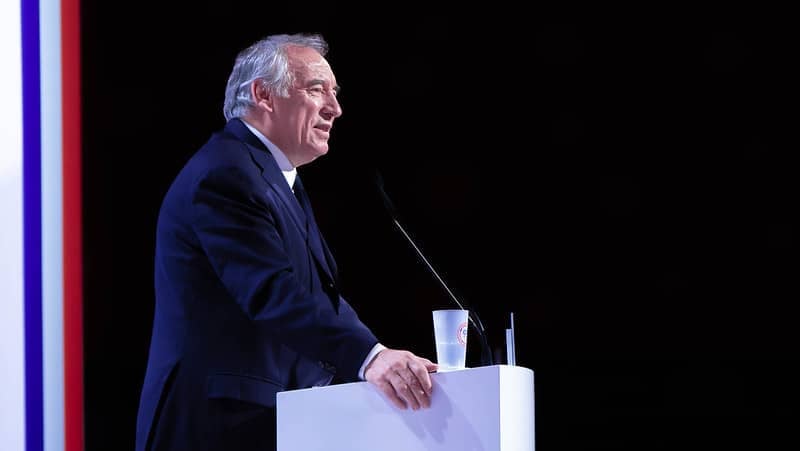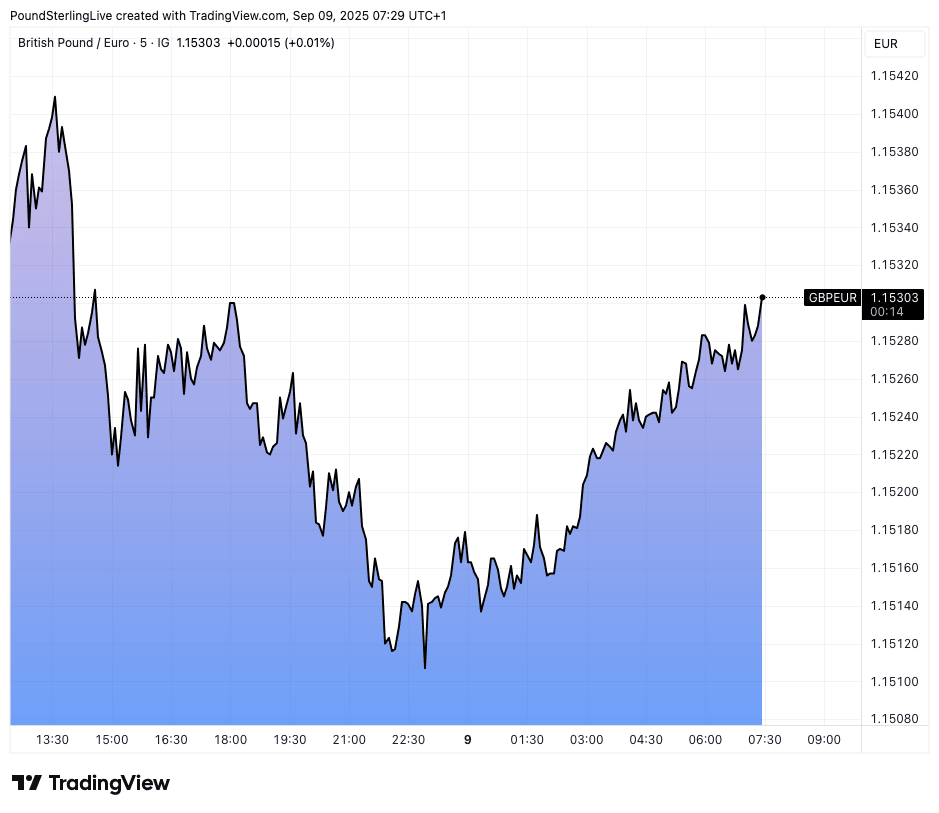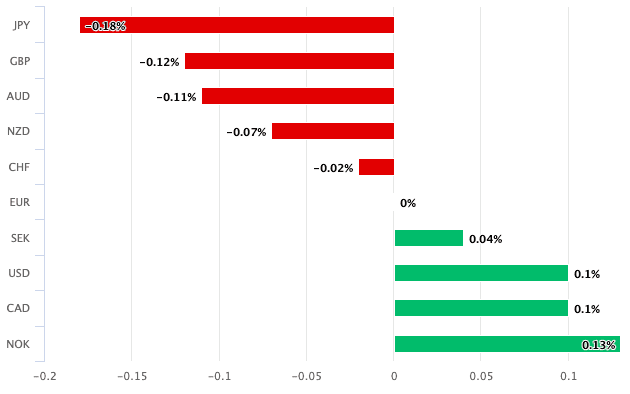
François Bayrou | Congrès du MoDem 2024” by Ugo Bronszewski, CC BY-ND 4.0
The euro could yet come under pressure down the line.
The Euro is proving surprisingly well insulated against news of the collapse of the French government.
French President Emmanuel Macron is reportedly aiming to swiftly replace Francois Bayrou as the country's Prime Minister after he was ousted Monday.
Time is of the essence, as the President needs to minimise uncertainty caused by the fall of the Bayrou government, which lasted just nine months, having succeeded the three-month old Barnier government.
Markets keep faith in the President, evident in a firm Euro, which rose to its highest level against the Dollar since July on Tuesday morning, with EUR/USD meeting 1.1780.
The single currency shows some weakness against the British Pound, with GBP/EUR rising to 1.1526, but there is no sign of idiosyncratic stress here or in any other EUR pairs.
Resilience is built around investor assumptions that Macron will have a new prime minister within a matter of days.
"Whilst there was no surprise, and hence no adverse reaction in the euro to the result of yesterday’s vote, equally market expectations for a speedy resolution to France’s political and fiscal woes are likely to remain constrained. The potential for volatility in yield spreads remains," says San Hill, Head of Market Insights at Lloyds Bank.
Above: GBP/EUR actually fell through late Monday as news of Bayrou's ouster was confirmed. It is recovering on Tuesday.
Holger Schmieding, an economist at Berenberg, says the new prime minister will possibly have good contacts to the centre-left, allowing it to strike compromises with the Socialists.
Berenberg says investors assume France will continue to muddle through for the time being with meagre growth, somewhat elevated yield spreads, no more than a small fiscal correction and, possibly, some softening of Macron’s signature pension reform.
"Markets are playing this base case," says Schmieding.
The chronic political uncertainty has already severely damaged business confidence and investor sentiment, both of which will deteriorate further unless Macron can quickly institute a viable replacement.
News that protesters will take to the streets on Wednesday, as part of a "Let's Block Everything!" movement, and that unions will embark on a general strike, will further weigh on confidence and economic growth.
The Euro could start to show signs of unease if Macron fails to secure the services of a new Prime Minister, or if opposition parties in the National Assembly outright refuse to cooperate with another appointee.
Above: Euro performance against G10 peers on Tuesday.
Macron's job will be made all the more difficult by news Marine Le Pen, leader of the right-wing National Rally, will join left-wing parties in pledging to vote down any future government dominated by replacements drawn from his centrist party.
"The policy paralysis in Paris spells trouble for France and Europe," says Schmieding.
News reports suggest Le Pen and Jean-Luc Mélenchon, leader of the France Unbowed party, want new elections.
Bayrou asked for a confidence vote in his government after he was unable to establish the consent to pass a budget that would shore up France's finances by seeking to consolidate 44 billion euros in savings and tax rises over 2026.
France's budget deficit amounted to almost 6% of GDP in 2024 and the public debt stands at 113% of GDP.
"Even if a new prime minister is appointed, concerns about weak public finances in France are likely to remain," says Pia Fromlet, an analyst at SEB.
From a foreign exchange market perspective, the Euro's resilience is surprising, as it suggests France simply doesn't matter for the Euro.
We think France does matter and that risks that Macron fails to secure a new government are underappreciated. If so, the euro could come under pressure down the line.


